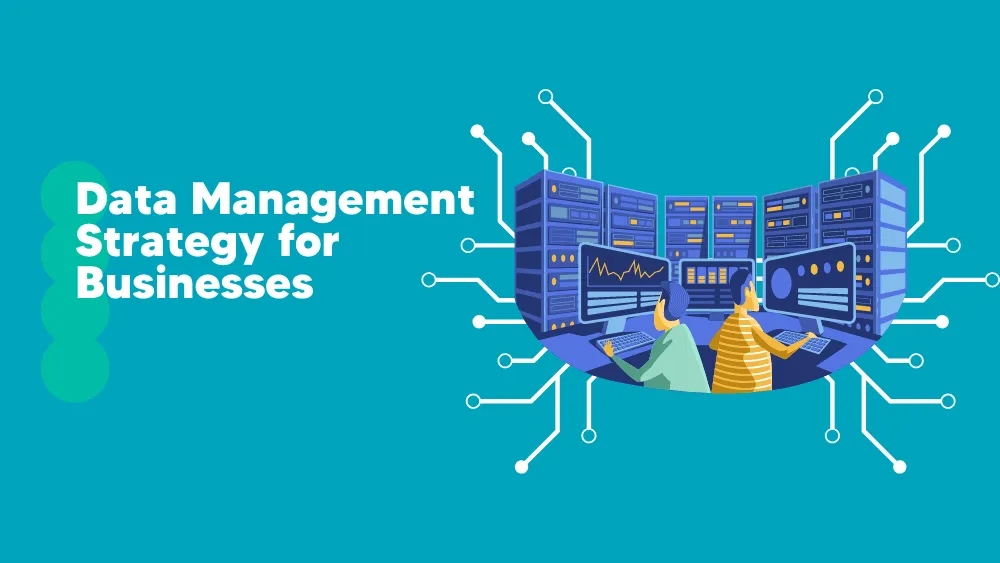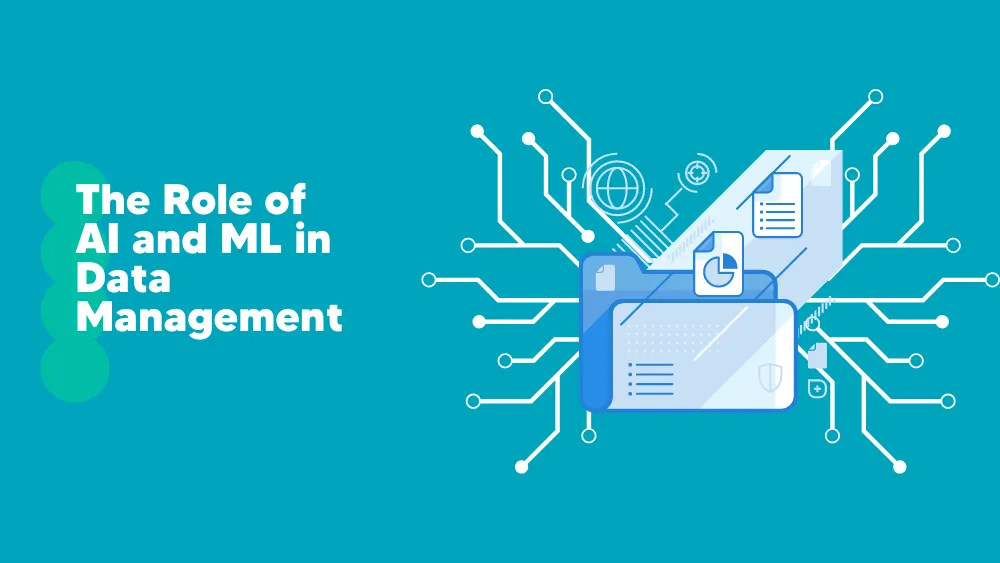Data Management Software
What is Data Management Software?
Data Management Software is a comprehensive suite of applications and tools designed to handle the complexities associated with data. It allows businesses to systematically organize, store, retrieve, and manipulate data in various forms throughout its lifecycle. By doing so, it ensures that data is accurate, secure, and accessible whenever it is needed.
This software offers various features that make it a valuable tool for businesses of all sizes. It provides a streamlined approach to data storage, integration, and analysis, which helps in making more informed business decisions. Some of the critical features of Data Management Software include data cleansing, data transformation, data integration, data quality, and data governance.
Data cleansing involves identifying and removing inaccurate or duplicate data from a database. Data transformation refers to converting data from one format to another, making it easier to analyze and use. Data integration involves combining data from various sources to create a unified view of the data. Data quality ensures that data is accurate, complete, and consistent. Data governance, on the other hand, refers to managing and controlling data access, usage, and storage.
Top Data Management Software Products
Google Cloud
Incogni
Cookiebot
Bright Data
FullEnrich
Big data is increasingly more important in the world we live in today. Therefore, most of us deal with large amounts of customer data that defines our activity. Lately, this big data is vital in marketing, sales, customer support, and the financial department. For example, you are running an e-commerce site. First, management software will help you ensure no mistakes in the shipment and invoicing data your customer provides. Second, it will reduce your cost.
Key Components of Data Management Software
Data Integration: Data Management Software enables seamless integration of data from multiple sources. It consolidates information from various databases, applications, and systems, ensuring a unified view of the data.
Data Storage: One of the fundamental functions of Data Management Software is to provide secure and scalable storage solutions. It includes databases, data warehouses, and cloud-based storage systems, accommodating vast amounts of data while maintaining its integrity.
Data Security: Protecting sensitive data is paramount. Data Management Software incorporates robust security measures, including encryption, authentication, and access control, safeguarding data against unauthorized access, breaches, and cyber threats.
Data Analysis and Reporting: These software solutions often come with built-in analytics tools. They allow businesses to analyze data trends, generate reports, and gain valuable insights, aiding in strategic decision-making processes.
Data Governance: Effective Data Management Software ensures compliance with regulations and standards. It establishes data governance policies, monitors data usage, and enforces data quality standards, promoting accountability and transparency within organizations.
Benefits of Data Management Software
Improved Efficiency: By automating data-related tasks, these software solutions enhance operational efficiency. Data can be processed, retrieved, and analyzed much faster, saving time and resources.
Enhanced Decision-Making: Access to accurate and timely data empowers organizations to make informed decisions. Data Management Software provides real-time insights, enabling businesses to respond promptly to market changes and customer demands.
Cost Reduction: Efficient data management reduces the need for extensive manual intervention. This not only saves time but also reduces operational costs in the long run.
Data Accuracy: These software solutions employ data validation and cleansing techniques, ensuring the accuracy and reliability of data. Clean, reliable data is essential for meaningful analysis and decision-making.
Scalability: Data Management Software is designed to scale with growing data needs. Whether a business expands its operations or experiences a surge in data volume, these solutions can accommodate the increased workload.























